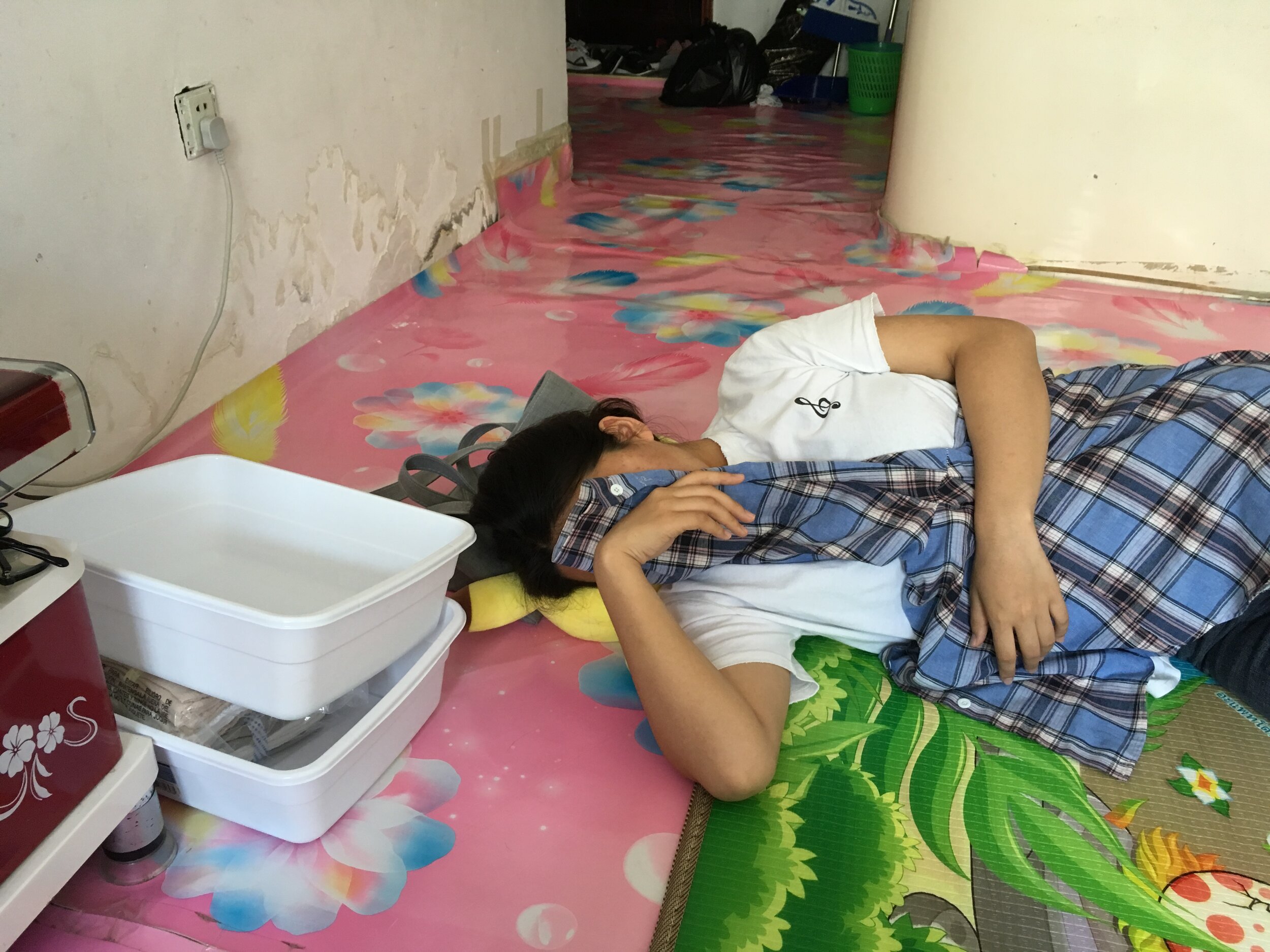Quick, when I say the words, “North Korea,” what immediately comes to mind? I’m guessing that you thought of Kim Jong Un, nuclear weapons, censorship, isolation, or hunger. While we may not know what exactly takes place within the borders of this highly concealed country or what day-to-day life looks like for North Koreans, we do know that this country needs prayer. Especially as the year 2020 has humbled and shaken the world with unprecedented and unpredictable events, we hope you can join us in lifting a prayer for North Korea in the following ways:
Pray for the people in North Korea — Many of us know that daily life in North Korea is grim: people are starving, the country is run by an always-present, unforgiving dictatorship and there is a lack of freedom on both an individual and national scale. This lack of freedom may be the most oppressive aspect of life in North Korea, as civilians are unable to speak out against their government or even call out for help to the outside world. As hunger, disease and poverty still ravage the country, we ask that you pray for the general health, welfare and safety of those living in North Korea today.
Pray for North Korean refugees amidst COVID-19 — For many North Korean refugees in China, the impact of Coronavirus has been devastating. North Korean refugees already have limited access to immediate healthcare, education and other resources because of China’s Zero Tolerance policy for these undocumented escapees. And Coronavirus has only exacerbated their situation further. Refugees are not able to be tested for the virus or obtain necessary medical help. Many who had previously worked in service-related jobs or on their own farms have also lost their primary source of income due to China’s lockdown and ban on outdoor work. We ask that you pray for God’s provision over the health, safety and livelihoods of this vulnerable population.
Pray for world politicians — As much as North Korea may be separate from the rest of the world, it is undeniable that other countries have a direct impact on North Korea. We ask that you join us in praying for our leaders, not only those in North Korea or the United States but from all around the world: for wisdom and discretion in their decision-making; for unity; and for a desire to genuinely benefit the people of North Korea. As many of us are distant from North Korea and its politics, we may feel that there is no power we really carry. But we know that God can move the hearts of people and we can only pray that He would use these world leaders to bring His peace and love into this world, especially in North Korea.
Pray for North Korea’s underground church — In a country where any defiance or stray from government regulation is treated as a punishable act, the church is no exception. Although we do not know the size or inner workings of the underground church in North Korea, we have heard that it does exist and is heavily persecuted today. Being caught by the government or even by family and friends is a very real fear for Christians in North Korea— even from childhood, North Koreans are taught to report anything that might be deemed as a threat to the regime. Especially as our missionaries in China have recently reported that the Chinese government has become more aggressive in inspecting and interfering in churches, it is not hard to imagine that the church in North Korea might also need our prayers now more than ever before. We believe the Gospel is the only hope for true healing and fulfillment to the North Korean people. Please pray for the security of the underground church.
Pray for North Korea’s future — Finally, we ask that you pray for the future of North Korea. The recent rumors of Kim Jong Un’s death have been widely circulated and, along with sparking news and conspiracy theories in the media, they have prompted many to genuinely think about the future of the country. If Kim Jong Un dies in the near future, who will succeed him? Will it be the end of the Kim dynasty? What will then happen to the future of North Korean civilians? All of these questions are valid, as no one can really say they know the answer with confidence— we can only trust that God does. We pray that we will cling to God’s sovereignty, timing and promise that He has a larger plan for the people of North Korea, whom He so deeply cares for.





















